Robotics
Matthew T. Mason and Henrik I. Christensen
This essay summarizes the current state of robotics, and previews the findings of a
robotics roadmapping effort currently under way.
Robotics originated with the goal of building human‐like machines, but it has become
much more than that. Even though we are still decades away from human‐like
machines, the developing robotics technologies are proving useful in ways that nobody
expected: robot‐assisted noninvasive surgery; disposal of roadside bombs; automated
lab science for drug discovery; even auto‐focus features in digital cameras. The broad
impact of robotics is proven, even though robotics is still in the early stages of its
development.
Robotics thus affords a unique opportunity to make a cross‐cutting investment that
advances both fundamental research and development in an area vital to U.S.
competitiveness while providing the potential for near term job, business development
and educational returns. Outlined below are the broad critical application areas for
robotics. The creation of a $100 million initiative to be matched by industry to establish
test beds in the major application areas could generate nearly 10,000 new jobs
impacting a wide range of sectors. The specific proposal advanced is to create a
competitive process to establish a series of robotics test beds in communities across the
nation. These test beds would be devoted to specific health, transportation, agriculture,
manufacturing and extended care services. The selected test beds must include large
and small industrial partners, universities and engaged partners in the end use
community. Recognizing the unique capacity of robotics to be a powerful tool for
education, each proposal should incorporate a strategy for the test bed to engage K‐12
students and to foster the development of new educational applications.
The remainder of the essay addresses the unexpected breadth and significance of
robotics.
Pdf Link : click here
Matthew T. Mason and Henrik I. Christensen
This essay summarizes the current state of robotics, and previews the findings of a
robotics roadmapping effort currently under way.
Robotics originated with the goal of building human‐like machines, but it has become
much more than that. Even though we are still decades away from human‐like
machines, the developing robotics technologies are proving useful in ways that nobody
expected: robot‐assisted noninvasive surgery; disposal of roadside bombs; automated
lab science for drug discovery; even auto‐focus features in digital cameras. The broad
impact of robotics is proven, even though robotics is still in the early stages of its
development.
Robotics thus affords a unique opportunity to make a cross‐cutting investment that
advances both fundamental research and development in an area vital to U.S.
competitiveness while providing the potential for near term job, business development
and educational returns. Outlined below are the broad critical application areas for
robotics. The creation of a $100 million initiative to be matched by industry to establish
test beds in the major application areas could generate nearly 10,000 new jobs
impacting a wide range of sectors. The specific proposal advanced is to create a
competitive process to establish a series of robotics test beds in communities across the
nation. These test beds would be devoted to specific health, transportation, agriculture,
manufacturing and extended care services. The selected test beds must include large
and small industrial partners, universities and engaged partners in the end use
community. Recognizing the unique capacity of robotics to be a powerful tool for
education, each proposal should incorporate a strategy for the test bed to engage K‐12
students and to foster the development of new educational applications.
The remainder of the essay addresses the unexpected breadth and significance of
robotics.
Pdf Link : click here



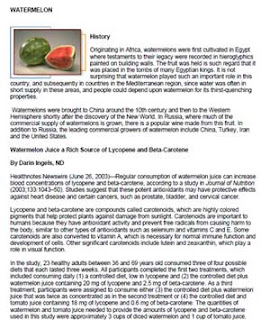
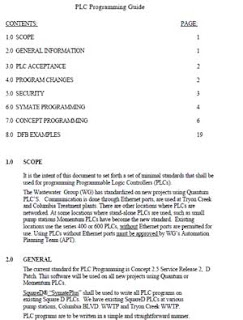
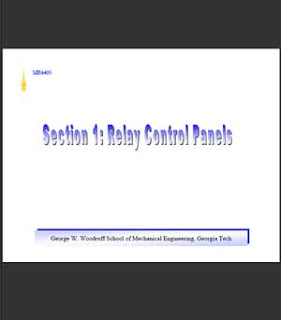
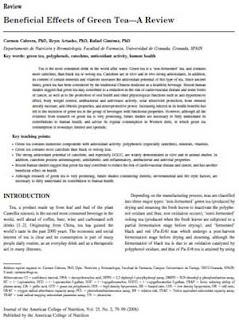
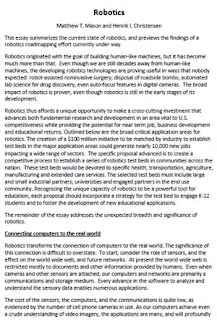






.jpg)














.jpg)